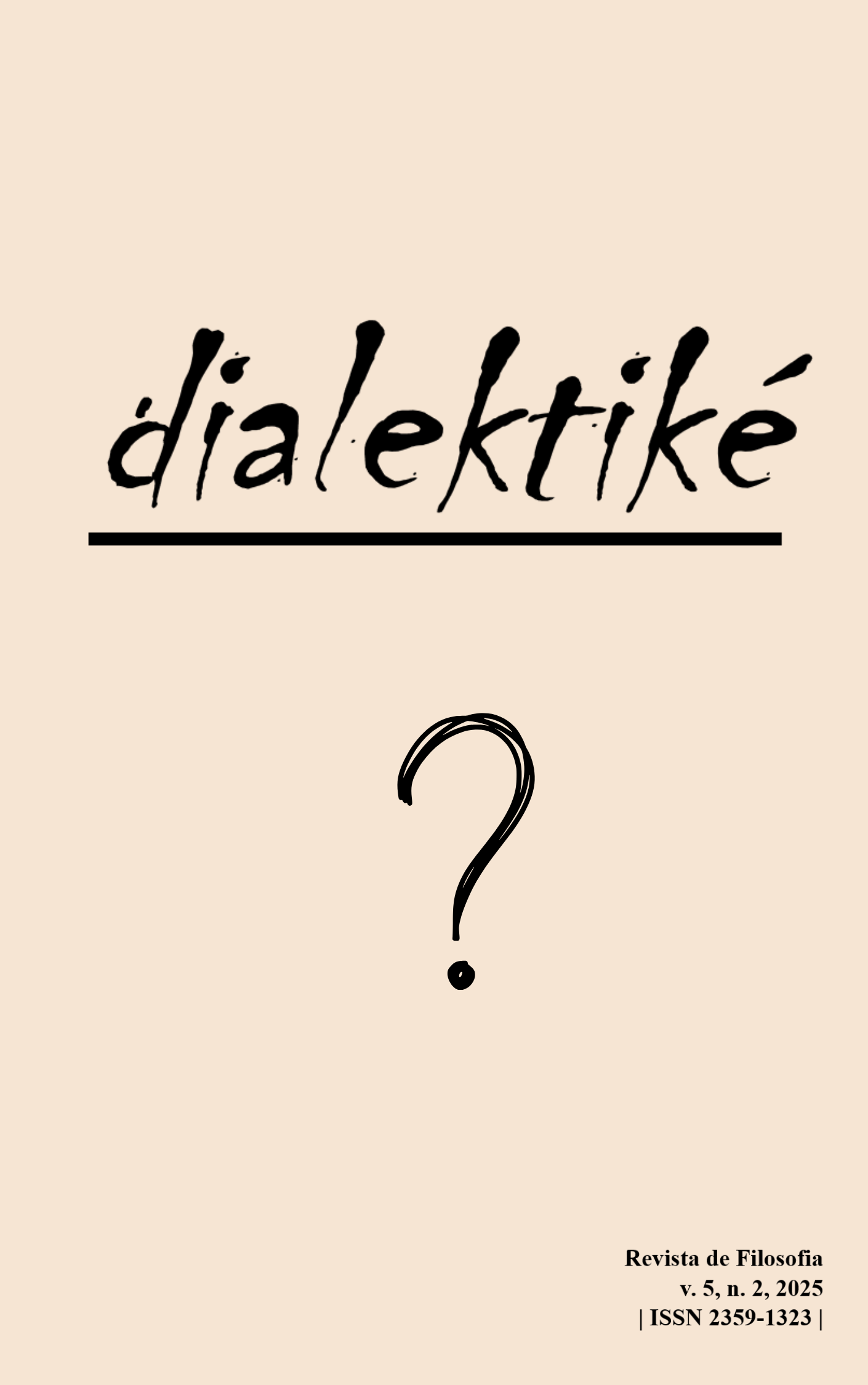GAMEFICAÇÃO & ENSINO DE FILOSOFIA
O USO DA JOGOS E GAMIFICAÇÃO NO ENSINO DE FILOSOFIA DA EDUCAÇÃO PROFISSIONAL TECNOLÓGICA
DOI:
https://doi.org/10.15628/dialektike.2025.19033Abstract
The inclusion of Philosophy in secondary education has prompted a necessary reflection on the pedagogical practices of the discipline, especially within the context of professional and technological education offered by the Federal Institutes. This article discusses the use of playful elements such as games, dynamics, and other gamification experiences in the teaching of Philosophy in Professional and Technological Education, considering that worldviews and anthropological conceptions influence educational practices and the historical-critical use of didactic resources. Based on bibliographical research and experiences developed at the Federal Institute of Education, Science, and Technology, in projects such as Jogando com o Saber (Macau Campus) and Gamificação e Ludicidade no Ensino de Filosofia (Mossoró Campus), the text seeks to analyze the potentialities and limits of the use of playfulness in the philosophical formation of students in integrated secondary education. Drawing on authors such as Huizinga, Walter Benjamin, Hannah Arendt, Brougère, and Machado, it argues that playfulness should not be seen merely as a motivational resource, but as a practice capable of articulating imagination, fantasy, and vital reason, bringing philosophy closer to the challenges of work and life. The aim is to contribute to the reflection on the current challenges faced by Philosophy teachers in the face of new technologies and methodologies, reaffirming the formative specificity of the discipline.
Downloads
Published
Issue
Section
License
Autores que publicam nesta revista concordam com os seguintes termos:Autores mantém os direitos autorais e concedem à revista Dialektiké o direito de primeira publicação, com o trabalho simultaneamente licenciado sob a Licença Creative Commons Attribution que permite o compartilhamento do trabalho com reconhecimento da autoria e publicação inicial nesta revista.
Autores têm autorização para assumir contratos adicionais separadamente, para distribuição não-exclusiva da versão do trabalho publicada nesta revista (ex.: publicar em repositório institucional ou como capítulo de livro), com reconhecimento de autoria e publicação inicial nesta revista.
Autores têm permissão e são estimulados a publicar e distribuir seu trabalho online (ex.: em repositórios institucionais ou na sua página pessoal) a qualquer ponto antes ou durante o processo editorial, já que isso pode gerar alterações produtivas, bem como aumentar o impacto e a citação do trabalho publicado

